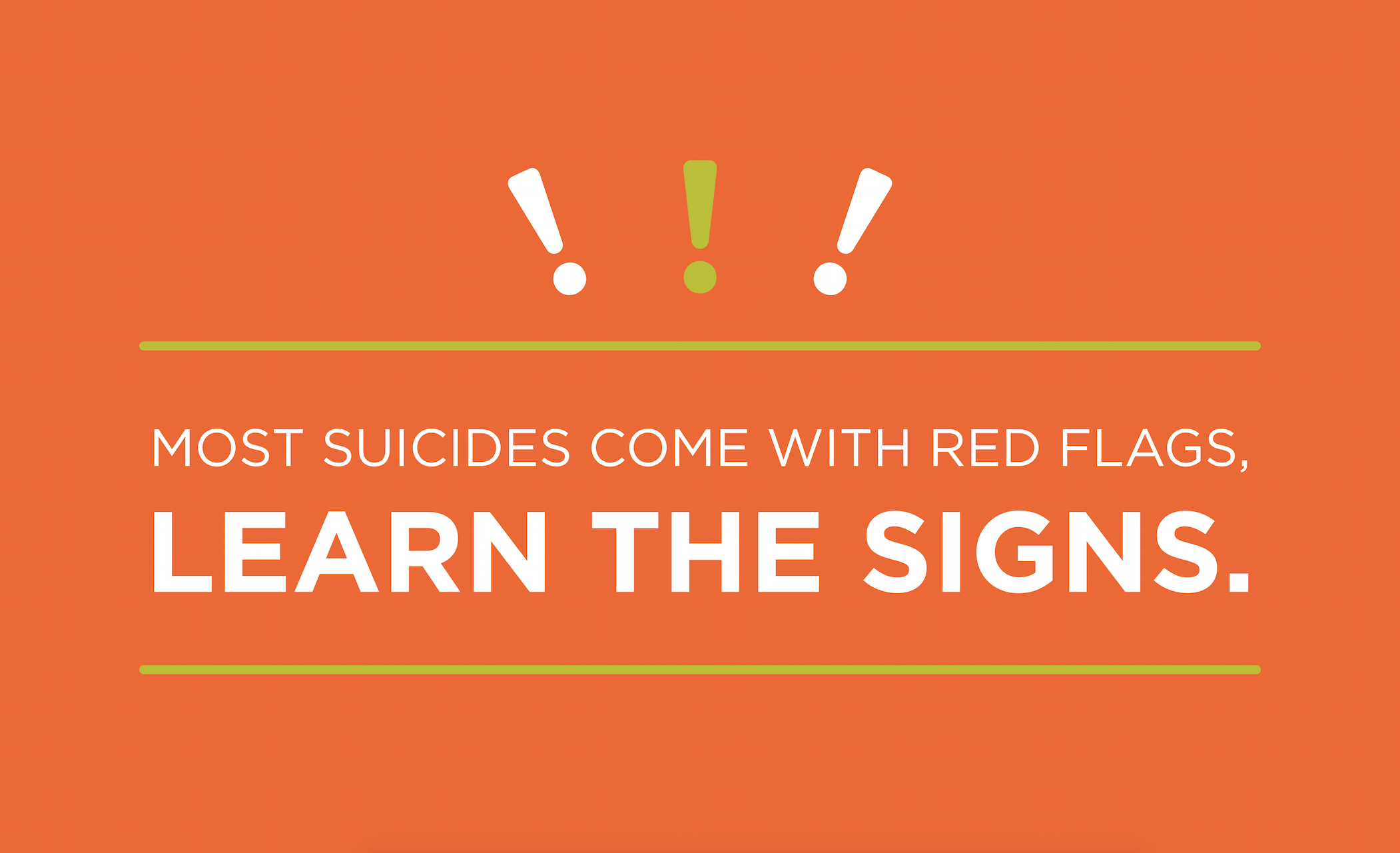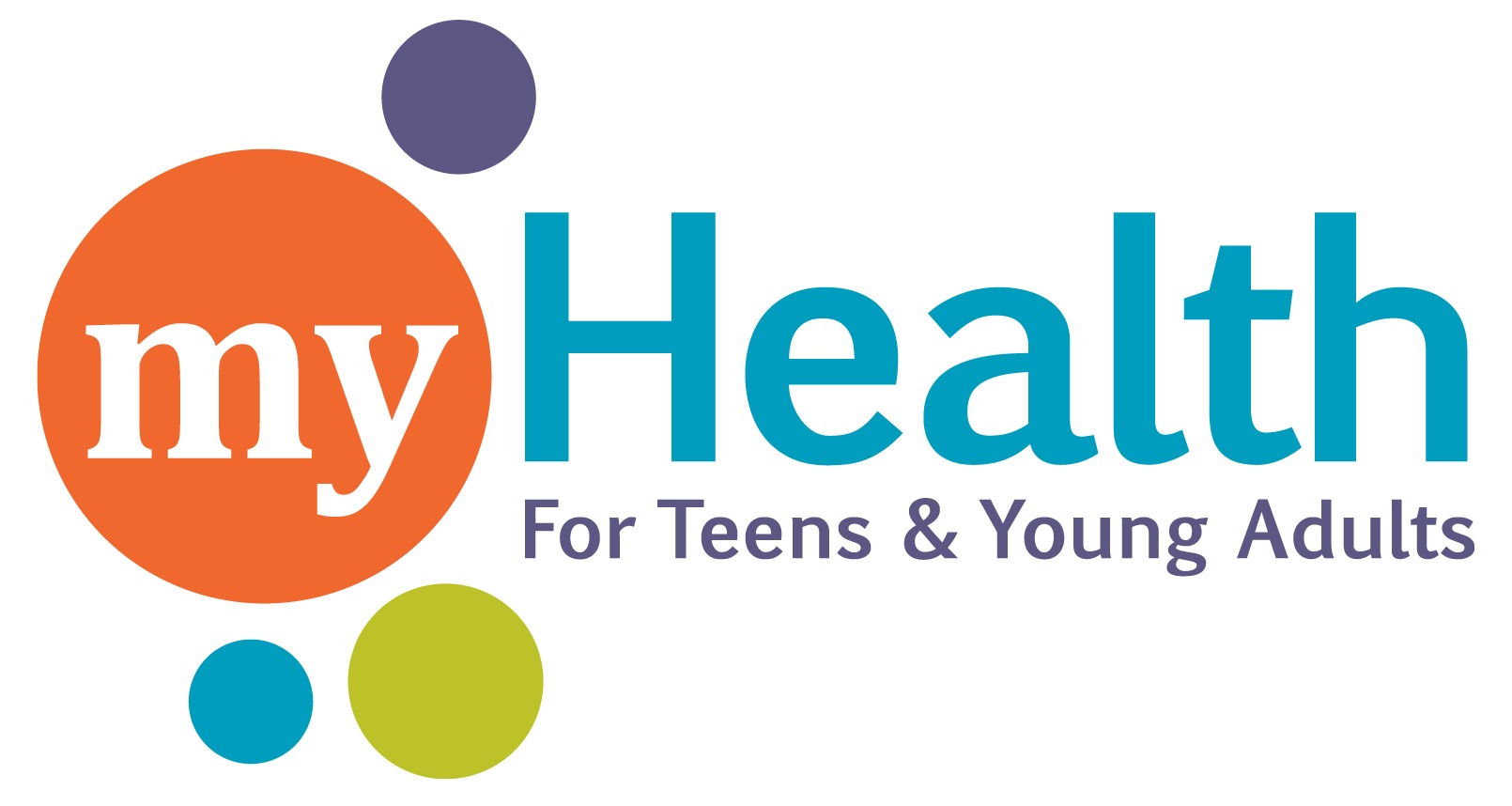
Suicide prevention awareness month is in September. However, we would like to take a moment to talk about it now, before winter holidays and school breaks. The holidays can be a stressful time for people for a variety of reasons. Some may not have the best relationship with their families or extended families and don’t feel safe to be who they are. Some feel lots of external pressure around the holidays to be positive, and may be struggling with internal pressure to be happy themselves. This can especially be the case for those struggling with depression, or other mental health symptoms. Some folks do not have the safety and security of school and don’t get that escape during the holiday break. Whatever the reason, if you or someone you know is having difficulty over this holiday season please reach out for help.
In 2014 a report by the Center for Disease Control and Prevention revealed children and young adults are at risk for suicide, and is the second leading cause of death for young people ages 10-24. Here at myHealth, we feel it is important to recognize this as well as provide resources and tips if you or someone you know is considering suicide.
Some people who commit suicide give off few or no warning signs, but most suicides come with red flags. Knowing the signs for those who may be considering suicide can help you intervene before it’s too late.
Here are some signs that someone may be considering suicide:
- Talking about wanting to die or wanting to kill themselves
- Talking about feeling empty, hopeless, or having no reason to live
- Making a plan or looking for a way to kill themselves, such as searching online, stockpiling pills, or buying a gun
- Talking about great guilt or shame
- Talking about feeling trapped or feeling that there are no solutions
- Feeling unbearable pain (emotional pain or physical pain)
- Talking about being a burden to others
- Using alcohol or drugs more often
- Acting anxious or agitated
- Withdrawing from family and friends
- Changing eating and/or sleeping habits
- Showing rage or talking about seeking revenge
- Taking great risks that could lead to death, such as driving extremely fast
- Talking or thinking about death often
- Displaying extreme mood swings, suddenly changing from very sad to very calm or happy
- Giving away important possessions
- Saying goodbye to friends and family
- Putting affairs in order, making a will
So what can you do??
(Some great tips from the article below)
If the warning signs apply to you or someone you know, get help as soon as possible, particularly if the behavior is new or has increased recently. One resource is the National Suicide Prevention Lifeline: 1-800-273-TALK (8255). The Lifeline is available 24 hours a day, 7 days a week. The deaf and hard of hearing can contact the Lifeline via TTY at 1-800-799-4889.
- Ask: “Are you thinking about killing yourself?” It’s not an easy question but studies show that asking at-risk individuals if they are suicidal does not increase suicides or suicidal thoughts.
- Keep them safe: Reducing a suicidal person’s access to highly lethal items or places is an important part of suicide prevention. While this is not always easy, asking if the at-risk person has a plan and removing or disabling the lethal means can make a difference.
- Be there: Listen carefully and learn what the individual is thinking and feeling. Findings suggest acknowledging and talking about suicide may in fact reduce rather than increase suicidal thoughts.
- Help them connect: Save the National Suicide Prevention Lifeline’s number in your phone so it’s there when you need it: 1-800-273-8255 (TALK). You can also help make a connection with a trusted individual like a family member, friend, spiritual advisor, or mental health professional.
- Stay Connected: Staying in touch after a crisis or after being discharged from care can make a difference. Studies have shown the number of suicide deaths goes down when someone follows up with the at-risk person.
Suicidal thoughts or actions are a sign of extreme distress, not a harmless bid for attention, and should not be ignored.
Family and friends typically are the first to recognize the warning signs of suicide and can be the first step toward helping find treatment with someone who specializes in diagnosing and treating mental health conditions.
What if someone seems suicidal on social media?
Many social media outlets, including Facebook, Twitter, YouTube, Tumblr, and Google+, have ways to report suicidal content and get help for the content creator. Each social media site has a different procedure, so search the site’s help page for assistance.
Link for article and other suicide prevention resources:
- https://www.nimh.nih.gov/
health/topics/suicide- prevention/index.shtml - http://www.namihelps.org/
support/crisis-resources.html
Local Resources:
- 24-Hour Crisis Hotline – Crisis Connection: 866-379-6363 (toll free) or 612-379-6363
- Hennepin County/Minneapolis Area – Cope: 612-596-1223
- Metro Area Mental Health Crisis Response:
- Anoka: 763-755-3801
- Carver/Scott: 952-442-7601
- Dakota: 952-891-7171
- Hennepin: adults – 612-596-1223, children – 612-348-2233
- Ramsey: adults – 651-266-7900, children – 651-266-7878
- Washington: 651-777-5222
And remember myHealth provides counseling services to those between the ages of 12-26, please contact us to set up an appointment if you or someone you know is struggling. If it is an emergency/crisis situation please call the above hotlines or 911.
